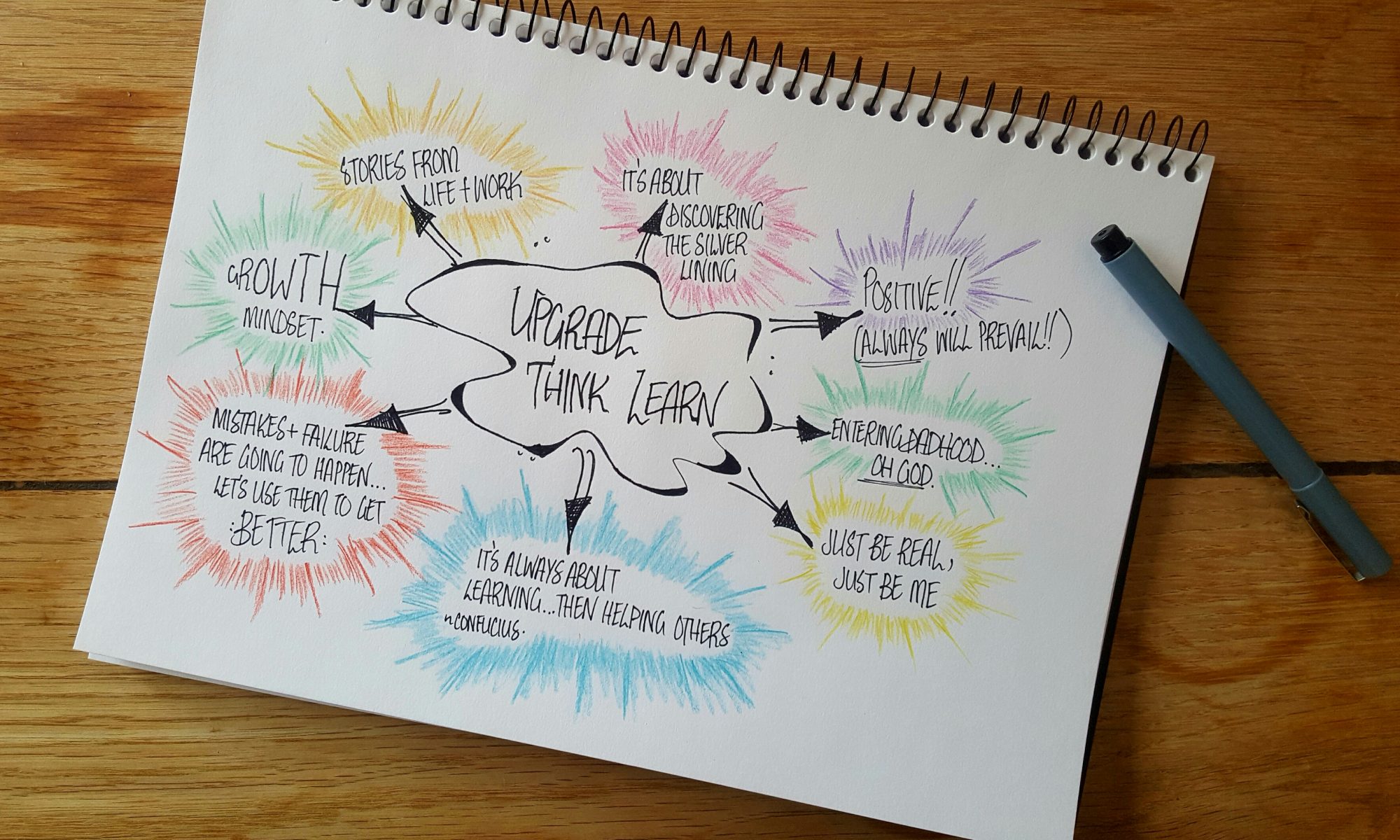Welcome to Part Two – you made it!
To be honest, this post started becoming massive…which has led to an exciting announcement: We are officially creating our first ever three part series!

We’ve missed you…unless you’ve become too excited and skipped part one. In that case, we still respect you, but are concerned you may not get the greatest Upgraded experience (a true first world problem). Swallow your pride and click here, here and here to enjoy the finest “Part One” we have written!
Last week we began to speak about the unwritten rules surrounding us and the groups we are involved with. These rules of etiquette affect every interaction we have and, whilst it originates from a French word meaning “little labels”, can ultimately be traced to this definitely not judgmental guy:

This week we continue along these lines, but will look a little further afield and towards a slightly bigger picture…okay very big picture.
Three things you need to know from the get go:
1. Things that are different are not wrong. Viewpoints stated here may feel wrong or like mistakes because you may see them as different to your views. My advice with a difference in a viewpoint? Do what Missy Elliot suggests- flip it and reverse it (don’t worry about the jibberish part though).
2. Some things will be written knowing you may disagree (classic annoying person using a discussion tactic).
3. This isn’t a soapbox post. Look at rule number one. The focus is on getting you thinking about your world, building awareness and planting a seed in that brain of yours. Even Tyler Durden would give this go.

Every word and explanation has been crafted with as little judgement as possible…though, with every single person placing unconscious values, beliefs and attitudes in everything they say, do and write, I have no doubt there may be words, phrases or whole slabs of text that may appear disagreeable to you.
Keep an open mind and remember:
the whole point is to notice that there are differences out there and it’s us who make the judgements.
Everything written here is ultimately to increase awareness, providing a slightly different slant on something you might not necessarily have thought about…but most likely have very much experienced. Ultimately, the aim of Parts Two and Three is to provide you with some different perspectives, greater awareness and appreciation for all of the very different people making up the world around you.
Let’s jump back in time quickly.
Three years ago, I was lucky enough to be a part of a two day conference held for all teachers who were working in remote communities within the Kimberley (North-West Australia).

The presenter was Nairn Walker and she was an amazing presenter articulating research by Dr Ruby Payne*. Nairn was that sort of person that could warm up the room, make fun of certain individuals AND make the whole group feel connected at the same time. She used those comic moments and her gift of story telling to enliven and unite the whole audience…whilst talking about light-hearted topics like poverty or classism.
Like I said, she’s pretty amazing.
Everything learned, discussed and reflected on during the two days seemed to keep coming back to one big thing:
unwritten rules
What is the point of etiquette’s unwritten rules? Why do we need them? Why do we use them? Why do we follow them (even the ones we think are ridiculous)?
I blame cavemen for it all.
Whilst there are many reasons for our survival, ultimately humans have succeeded because of one main factor: group work.
Even though I would normally put my money on a sabre tooth tiger, wooly mammoth or any other predator from Ice Age 2, we somehow survived. Not only that, we actually flourished as a human species while our cousins, Homo Neanderthalensis and Homo Erectus (don’t be immature) didn’t quite make the cut.
Our overall adaptability and social structures (mixed in with some general luck) have seen us become the least endangered animal on the planet.

What this taught us was that the group is important and it gave us the best chance of survival. There was success in groups and to move out on your own probably led to a slow and painful death. Ultimately, the cohesiveness of the group allowed everyone to succeed and pass on their genes.
Individual rules, values, attitudes and beliefs were either aligned with the group, or else you could enjoy a lovely little walk out of the warm cave.
Fast forward a couple of million years.
Now look to the companies, organisations and clubs people are a part of each day. All of them work at creating a sense of purpose, along with some sort of Vision Statement/Mission Statement/Charter of rules, values or beliefs. The tricky thing with all of those written rules, values and beliefs is that they can be interpreted in a myriad of ways…like this one:
As professionals, employees will dress in a professional way and demonstrate a professional manner at all times.
What do I actually have to wear? Does this mean I wear a tie? Bow tie? Collared shirt?
What the hell is ‘professional manner’?
I think I have an excellent example of this: Here our example is dressed in a blazer/jacket/thing, he’s sporting an excellently tied windsor knot, he has a gloriously trustworthy moustache and he doesn’t get up in anyone’s personal space.
Professionally dressed…yes? Professional manner…maybe?
Well, it all depends on the Big Group you belong to and the values, attitudes and beliefs you subscribe to on a minute by minute basis.
In most modern Western societies, we have the Three Big Groups making up our populations. These groups go by a variety of names and all of them have positives and negatives.
There isn’t one single group that is the “right” one to be a part of for people. There is only the group that feels right to you. But remember, every choice and decision you make is based on the underlying things you value and believe in…which doesn’t make it right for everyone else.
Let’s just quickly say that again: every single group has AMAZING positives and negatives within in them. There is no right group, just the one that you either aspire to be in or value being within.
Which is probably a great spot to instigate a blog’s version of Intermission.
Next week, we introduce the Big Three Groups, the things you’ve probably never considered about each one, as well as different values often seen within each group. Things your family does, traditions you hold and attitudes you have always seen as important will become clearer…especially when you look back in time.
We love an upgrade and we hope you do too. Please share, subscribe and like anything here…if you think it is worth it.




Some food for thought here, literally!
Values and character underpin so many aspects of our life, often they only come out in certain times – but they are always there. Important to stop and reflect on the values that drive who you are – it allows you to realign your focus.
Also that doesn’t mean people with opposite values are less worthy of ones time, they just have a different view and focus – sometimes they might even teach us a thing or two.
Keep up the posting you bloody legend.
That’s an amazing response James- love that nicely worded explanation of people with opposite values not being less worthy! It’s amazing when you hear people automatically assume someone is either stupid or not worth listening to when they do hold a completely opposite view…I often see it in the classes I teach and even in the past with colleagues I have worked with!
Let me pose a question. Do you abide by the unwritten rule of the group when your values and upbringing says that you shouldn’t. What is more important acceptance of the peer group or staying true to your beliefs. At some stage you have to have the confidence to resist the peer group unwritten rule. What are your thoughts?
Ah Ray, you sound like you are already well in Part Three! That is the tough part…which rules do you follow and when? I guess within all of the groups we belong we have certain rules and values that overlap and contrast each other, part of working out who we are is navigating those groups, discovering our ‘deal breakers’ and working out the groups we truly want to belong to? A really tough question to not only answer, but to live out! Thanks, you’ve given me a lot consider now!!
What do you think?